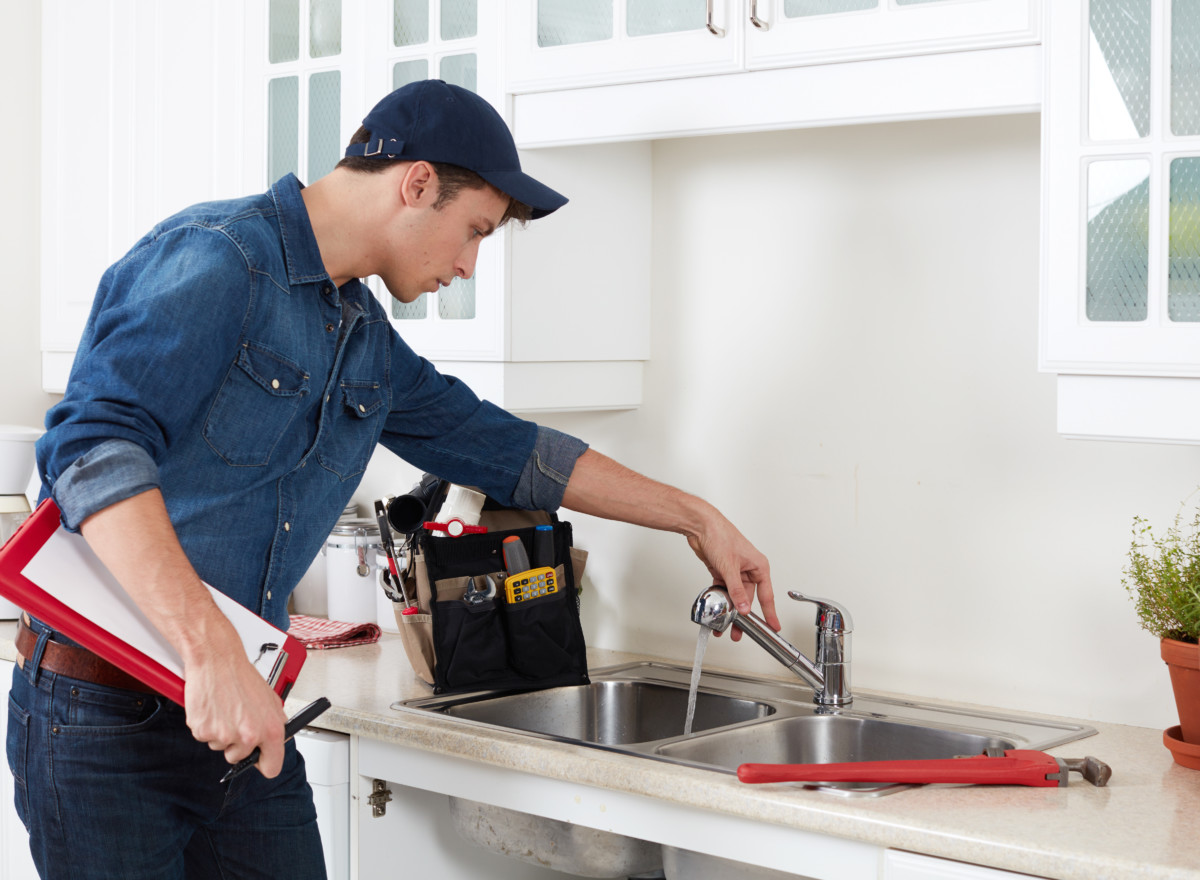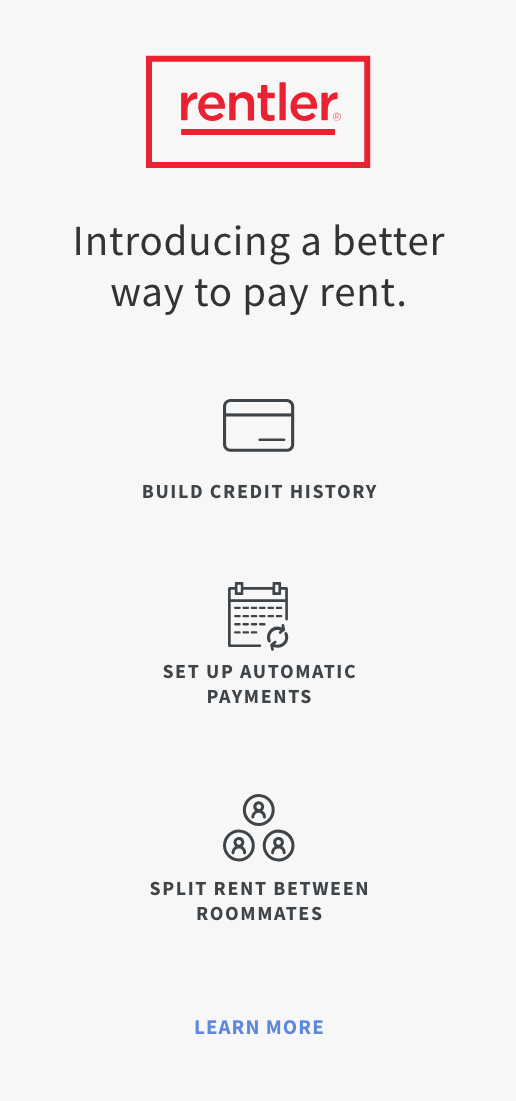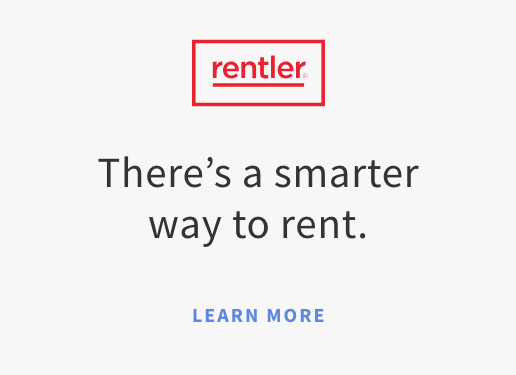Renting is a popular option for millions of Americans. One of the biggest benefits of renting is that if something goes wrong on the property, you don’t have to be the one to fix it (or foot the bill!). That’s your landlord’s job.
In a perfect world, you always have a landlord who quickly responds to issues and is happy to fix them.
Unfortunately, we don’t live in a perfect world. Sometimes, you may have a landlord who doesn’t respond to the issues with your rental right away or isn’t able to fix things properly.
There has been a rental surge throughout the pandemic, and it’s important to know the ins and outs of what to expect when you’re a tenant. If you’ve found that your landlord is difficult to work with, especially when it comes to maintenance issues, being able to address them properly can save you a lot of stress.
Understand Common Issues
Every rental agreement is different. It’s easy to overlook things, such as which maintenance issues and repairs will be covered. Educating yourself is important before you sign a lease agreement. Some of the most common rental property repairs landlords tend to take care of include:
- Water leaks
- Water heaters
- HVAC maintenance
- Pipes
- Broken garbage disposals
- Toilets
- Electrical problems
Check out your lease agreement again to see if there is any mention of these or other maintenance issues. You should have a clear understanding of what’s covered under your lease agreement.
However, there are some issues that neither you nor your landlord might expect – like noisy neighbors. While it’s not a maintenance issue, it’s still something your landlord should address if it becomes a problem, especially if your lease agreements include quiet hours. Disruptive neighbors can negatively impact your sleep, which can lead to fatigue, confusion, and even mental health issues like depression. It’s up to your landlord to discuss noise complaints with tenants, so don’t be afraid to bring it up (and keep bringing it up) if the noise continues.
Look Out for Your Safety
Chances are, you’ll have a good idea whether a neighborhood is safe before you move into a rental property. If you’re not sure, do your research on local crime rates, school districts, and even any less-than-savory activity that may have happened in your unit over the last several years. If you’re worried that your neighborhood isn’t safe, first discuss it with your landlord.
While a landlord can’t single-handedly stop crime and make everything perfectly secure, they can take action in other ways, including:
- Personally knowing all of their tenants
- Hosting community gatherings
- Organizing regular meetings
- Forming a group on social media to keep tenants informed
It’s important not to stereotype your neighborhood. That’s something your landlord needs to be aware of, too. They could be accused of housing discrimination if they won’t rent to certain people based on race, gender, or religion. But, they can keep people informed of anything that’s happening in the neighborhood, no matter the person/people causing problems.
If your landlord isn’t willing to address or do anything about safety issues, don’t put yourself in danger. Sometimes, it’s appropriate to contact the police if you’re genuinely fearful. It also could be time to consider moving somewhere else.
What to Do When Things Get Ugly
Sometimes, serious issues can occur in a rental property. One of those issues is sick building syndrome. Yes, it’s a real thing and can be a very dangerous thing. Some of the most common symptoms include:
- Throat irritation
- Difficulty breathing
- Runny nose
- Allergy-like symptoms
- Headaches
- Dizziness
If you’re consistently experiencing these issues and can’t figure out why, they could be caused by things like poor ventilation or air quality in your rental unit. These are issues that could require some major maintenance or even renovation to your unit. Unfortunately, landlords aren’t always willing to do that, especially if you can’t “prove” why you’re sick.
If that’s the case, you may need to fill out a formal maintenance request. If action still isn’t taken and you end up getting sicker, it might be time to consider legal action. Landlords can be sued for things like negligence and failing to disclose potential hazards. While that might sound a bit extreme, it’s okay to take certain measures when your health is at stake.
Because renting is such a popular option, there’s no excuse for landlords to “slack off” when it comes to rental issues. They should want to take care of everything so people choose their properties over others. But, these issues can still happen, and not every landlord is up to the task of taking care of them. You’re entitled to feel safe, comfortable, and healthy in your home when you’re renting. Be confident in those entitlements, and don’t be afraid to form the kind of relationship with your landlord that allows for open communication – even if that includes complaints.




